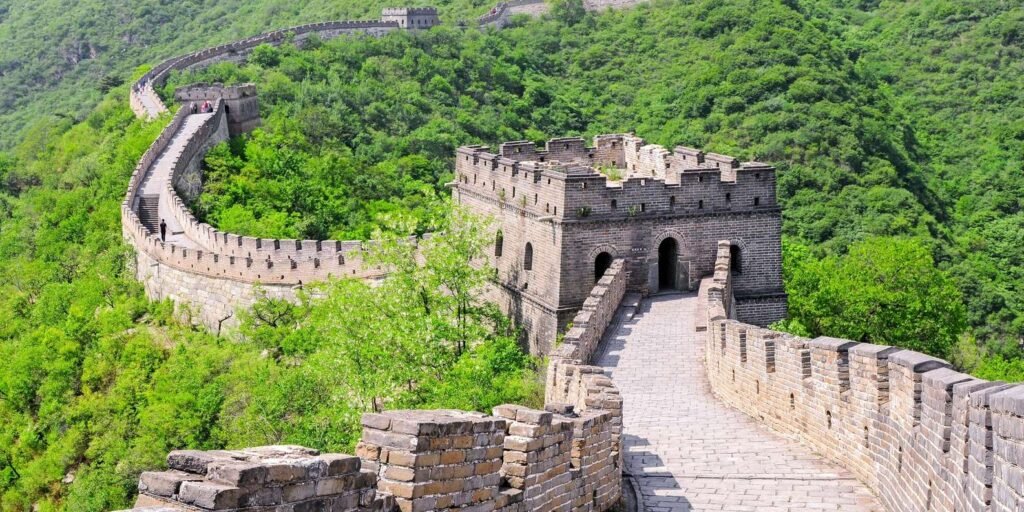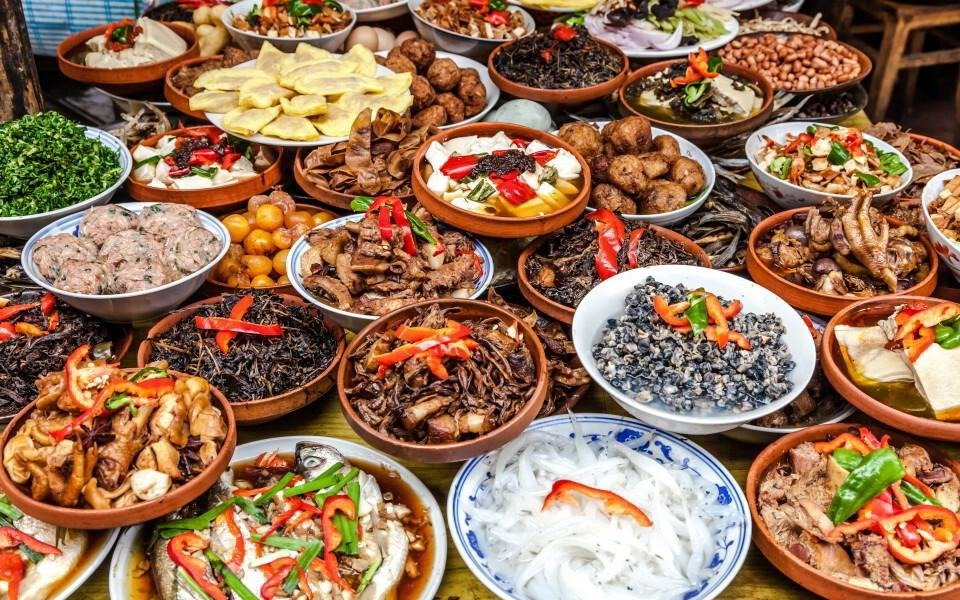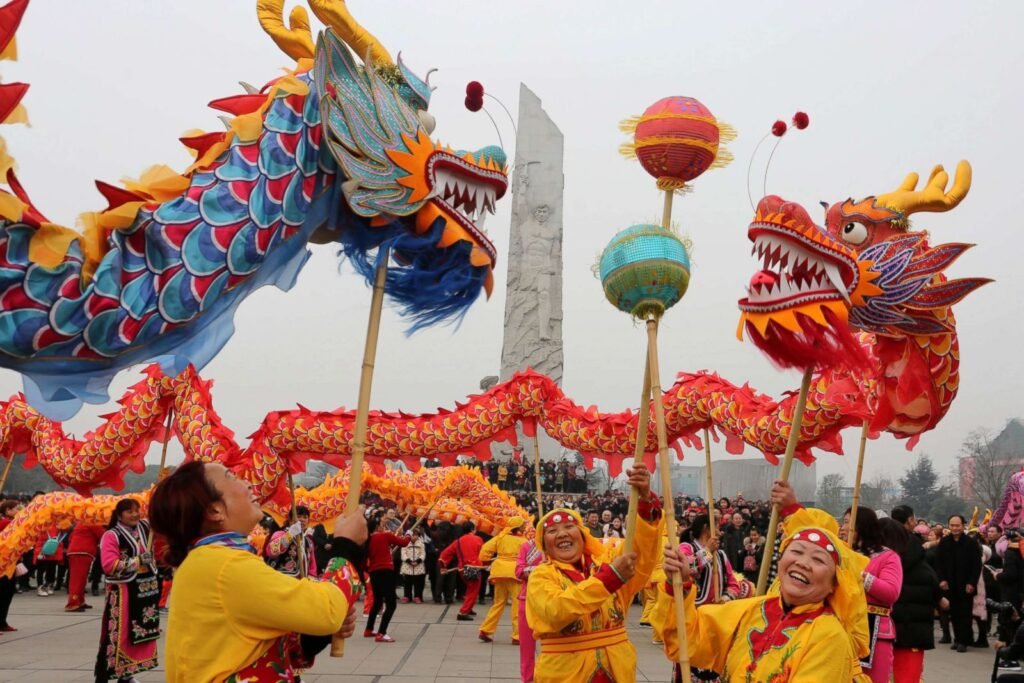Chinese cuisine offers far more than just delicious dishes — it expresses a deep-rooted philosophy that has evolved over thousands of years, blending health, harmony, and wisdom into every bite. Each region showcases its unique traditions: the fiery spices of Sichuan, the iconic duck dishes of Beijing, and the delicate, perfectly balanced flavors of Canton. But the most captivating part isn’t just the taste — it’s the meaning behind every meal. For the Chinese, food isn’t simply nourishment; it’s a powerful tool to sustain balance between body and soul. The ancient principle of Yin and Yang runs through their entire culinary system — where hot and cold, light and heavy, soft and strong elements blend into perfect harmony.
Most of us know the Great Wall of China from what we learned in school. We heard it was built to protect against enemies and believed it was so huge it could be seen from space. But the truth is much deeper. The Wall wasn’t just a defense line — it was a bold symbol of strength, pride, and identity. Dynasties didn’t just build a barrier; they built a legacy. Over 2,000 years, rulers ordered its construction using different materials, designs, and techniques, each leaving their mark. Thousands of workers gave their lives, turning stone into history. This was more than a project — it was sacrifice, power, and ambition in physical form. Today, only 8% of the original Wall remains, but that small part still stands strong as a reminder of what human determination can achieve. It’s not just a wall — it’s the voice of an empire that refused to be forgotten.
China is one of the world’s fastest-growing countries. At the heart of the technological revolution, it leads with high-speed trains, mobile payment systems, and cutting-edge artificial intelligence technologies. Yet, despite all this modernity, China has preserved its cultural identity and ancient traditions. People might shop through WeChat, but they still organize their homes based on feng shui. The younger generation lives in a digital world, yet they always return home during Chinese New Year to honor family values. This balance may be China’s greatest strength — the parallel coexistence of modern innovation and ancient wisdom. The guiding philosophy isn’t to forget the past, but to carry it forward into the present.
Chinese New Year is a truly unique cultural celebration unlike any other in the world. This vibrant festival follows the lunar calendar and lasts for 15 days, turning the entire country into a stage of joy, tradition, and unity. But it’s far more than just a calendar change — it’s a powerful revival of family values and national spirit. Weeks before it begins, families start preparing: they deep-clean their homes, decorate with red paper, and cook traditional dishes passed down through generations. The color red holds deep meaning — it’s seen as a protective force against bad energy and evil spirits. Children receive money in red envelopes, a cherished tradition that symbolizes prosperity, luck, and good fortune. During this time, nearly 3 billion journeys are made across the country, turning Chinese New Year into the largest human migration on Earth — a breathtaking show of connection, culture, and collective memory.
Traveling Is Not Just Seeing — It’s Understanding
ChatGPT said:
China may seem enormous and complex at first, but every street, dish, and tradition opens a new world. The past and future live side by side here, making your journey more than just physical — it’s a deep spiritual experience. If your travel is about more than photos and you want to truly immerse yourself in culture and discover new worlds, China is the perfect choice.











